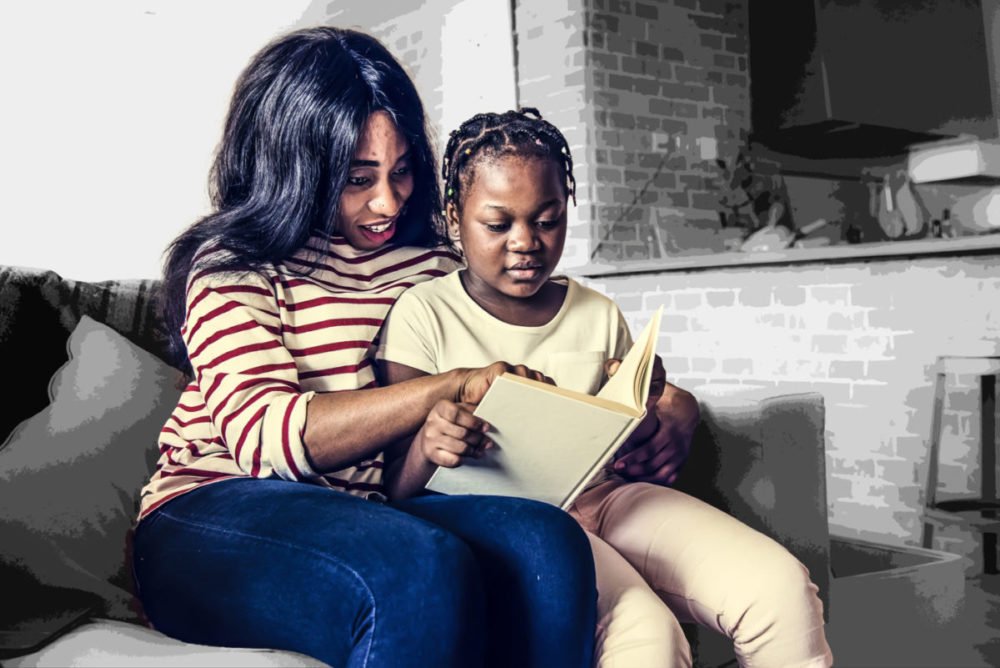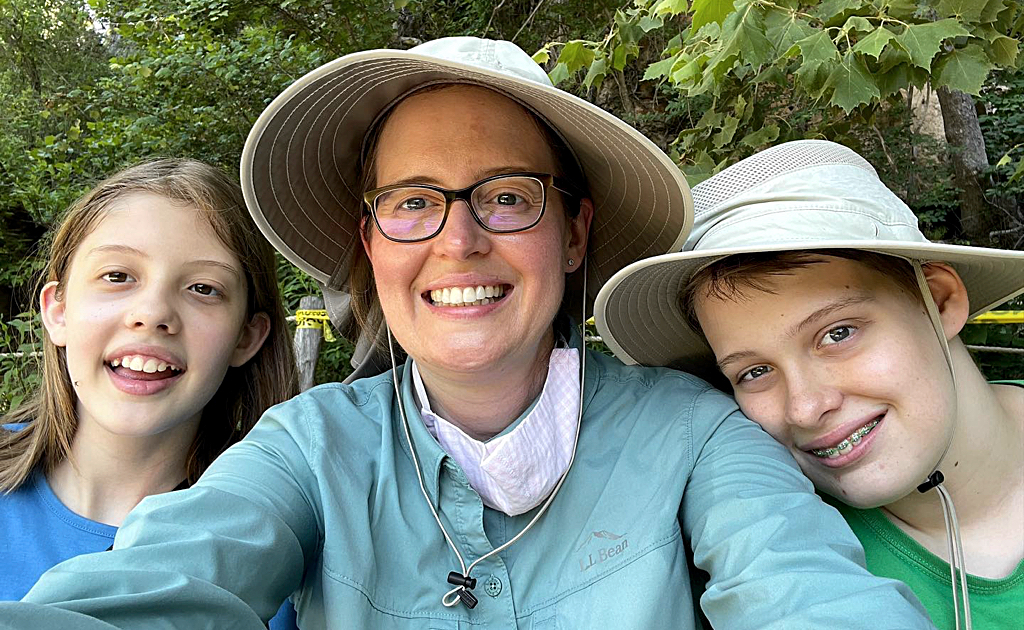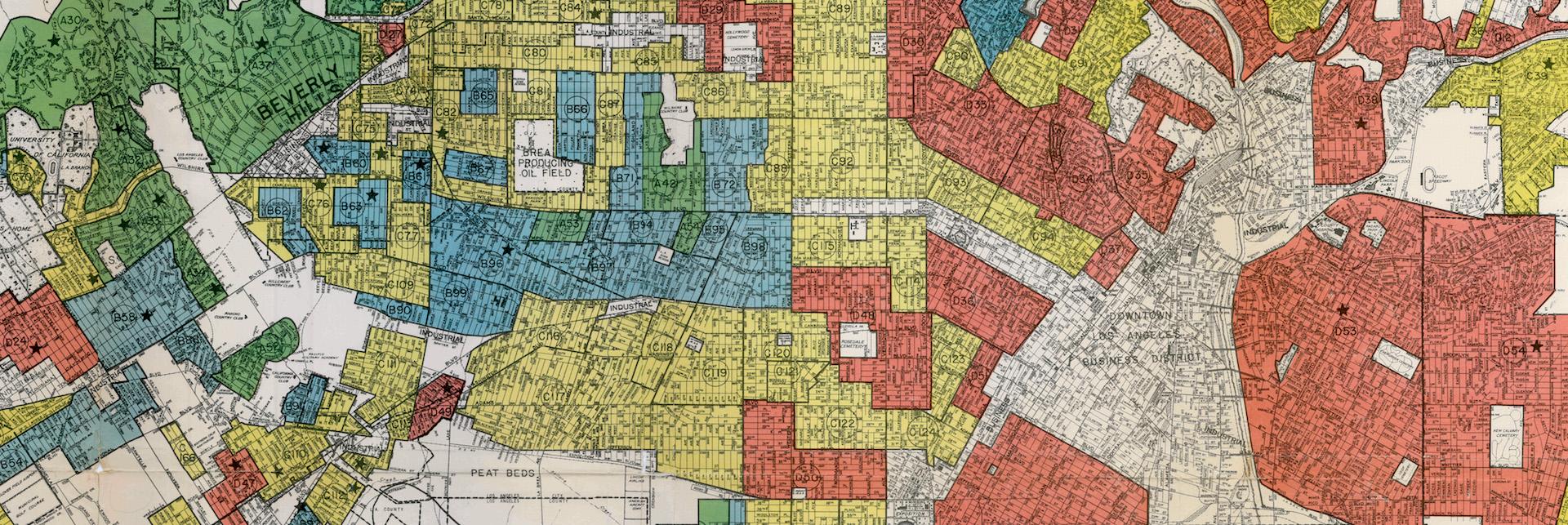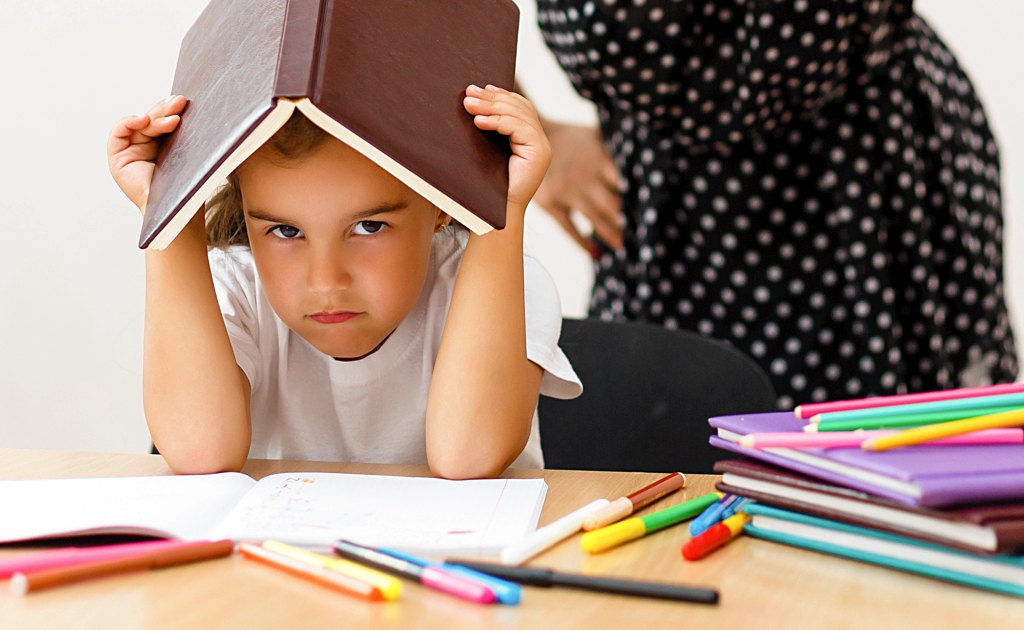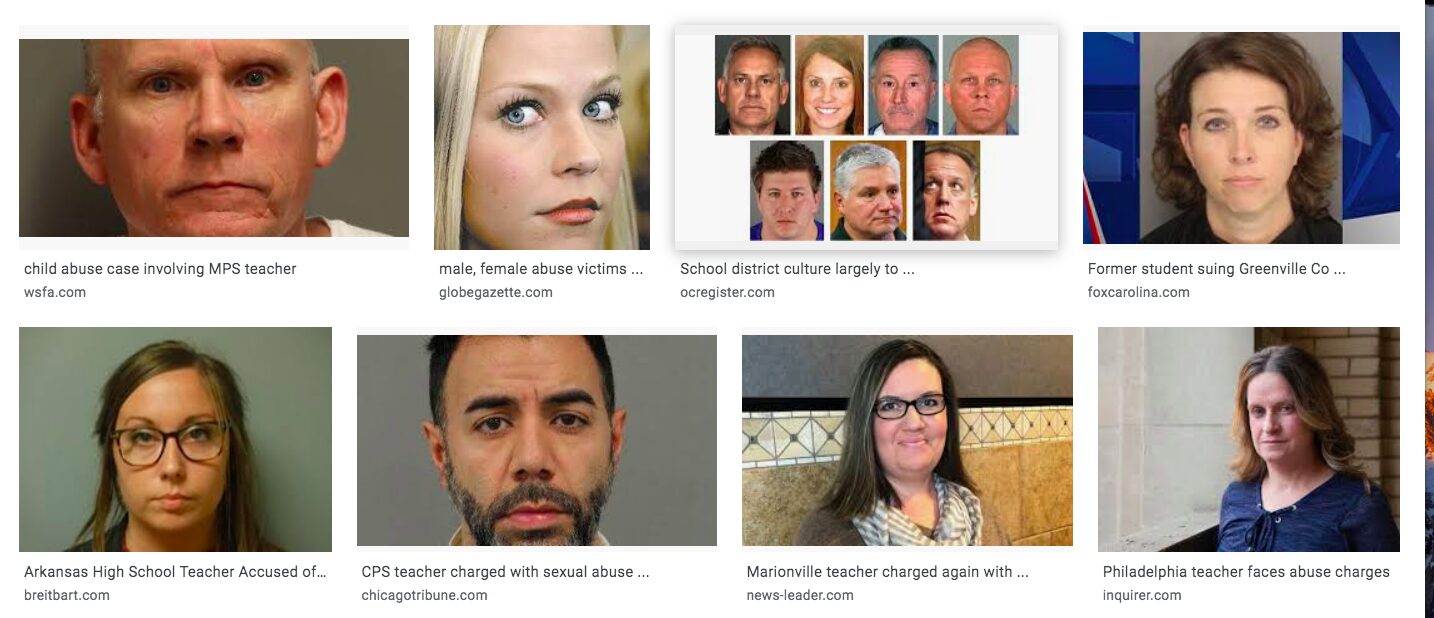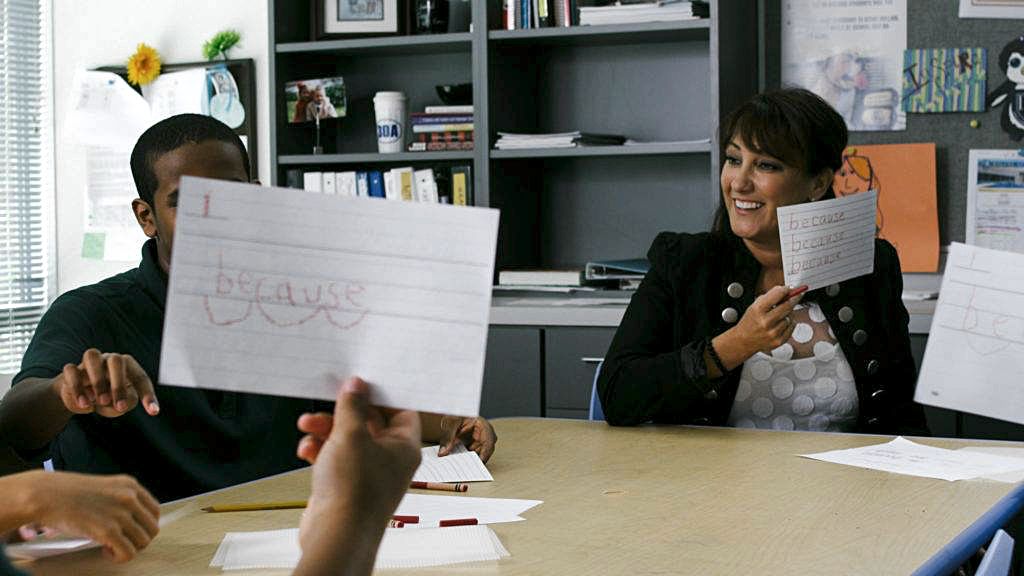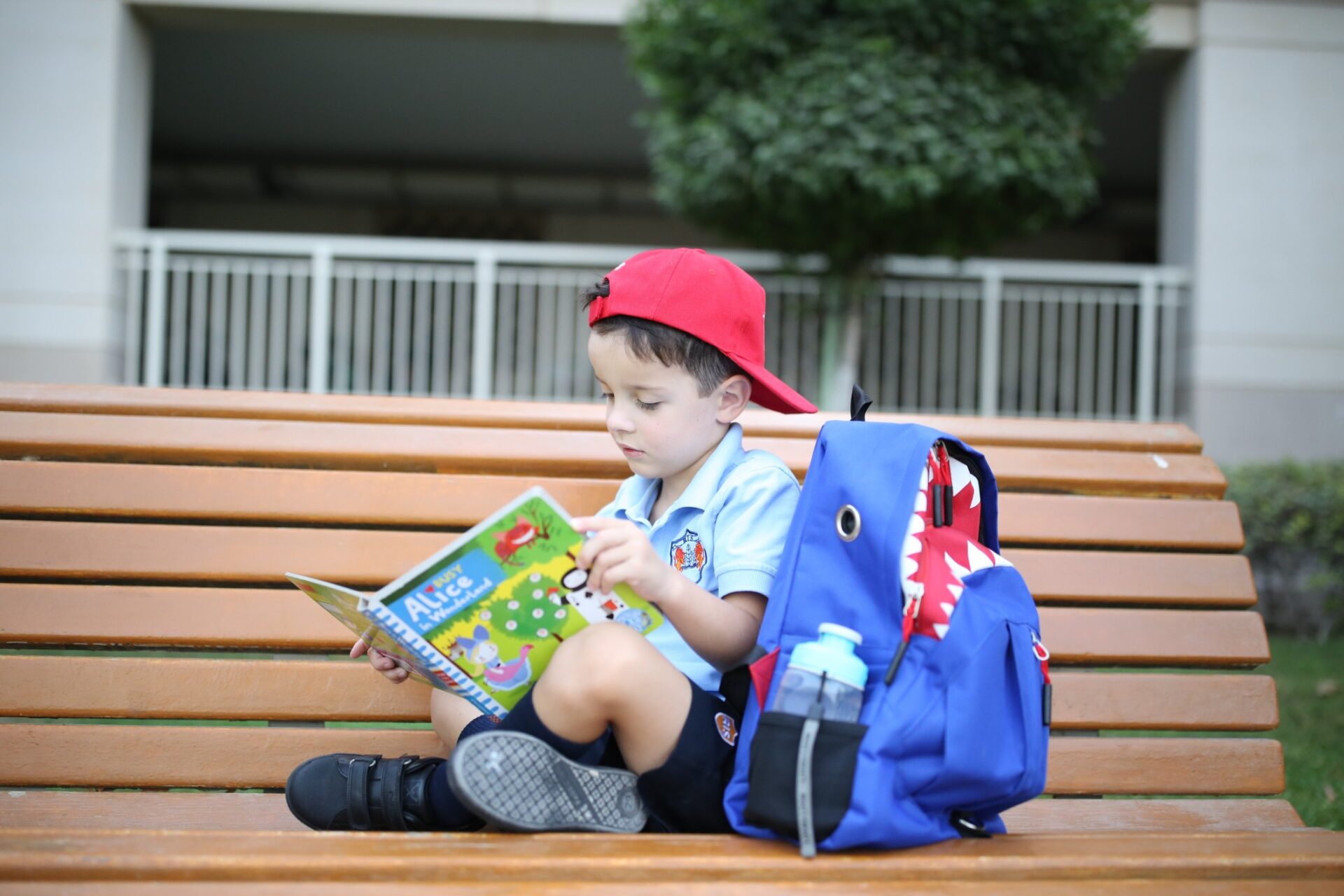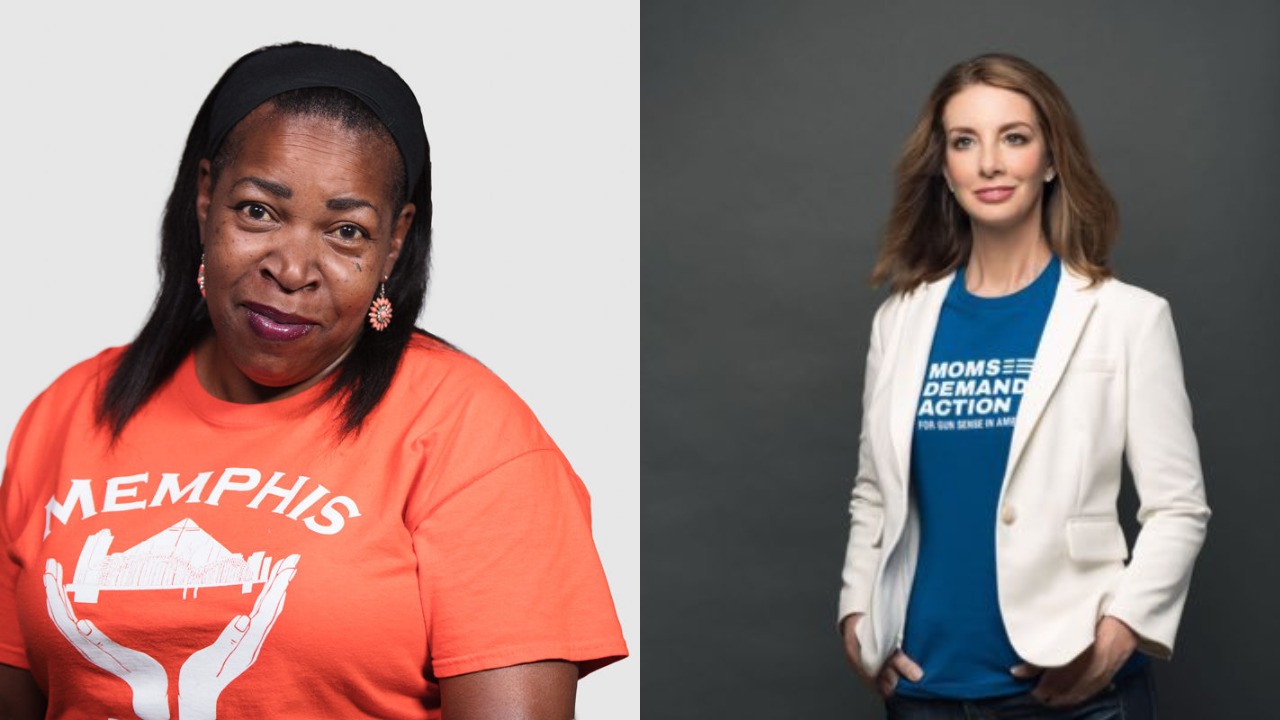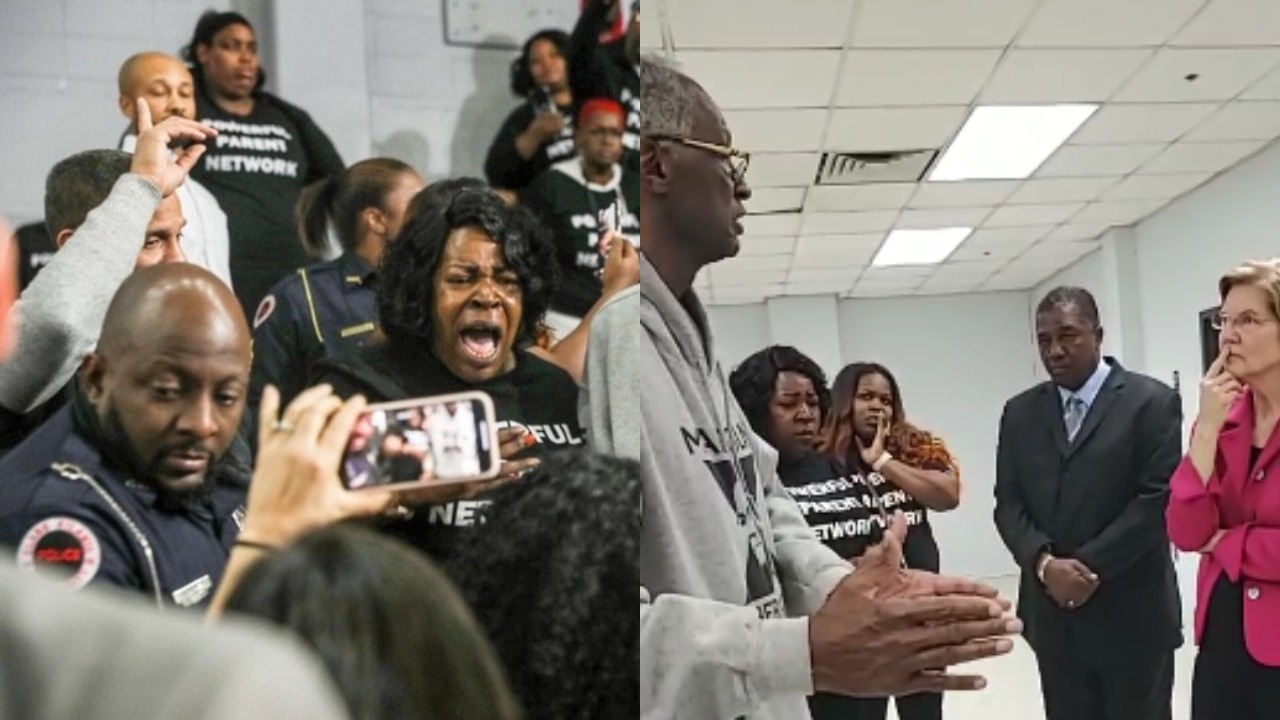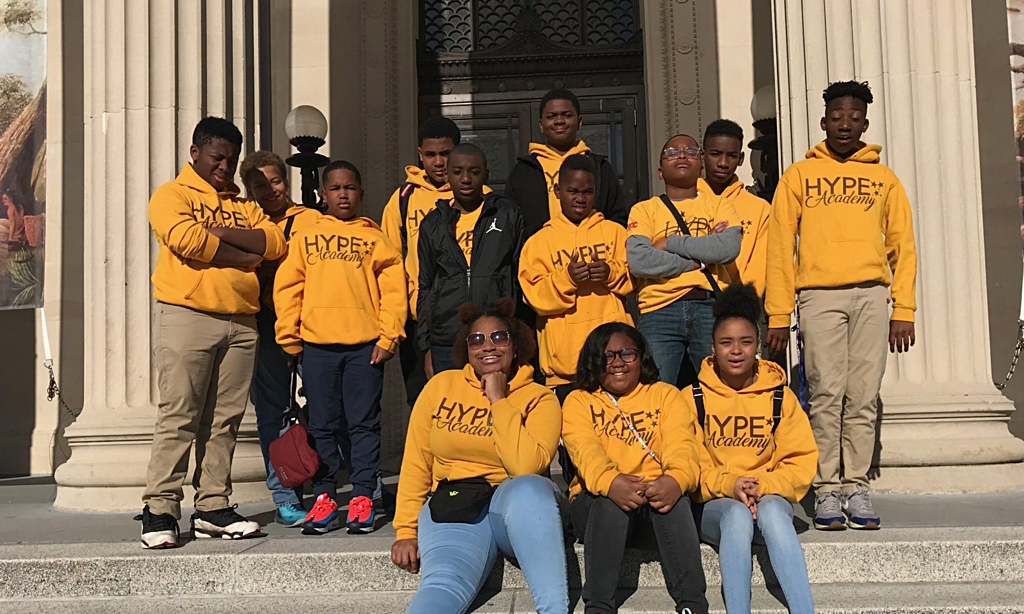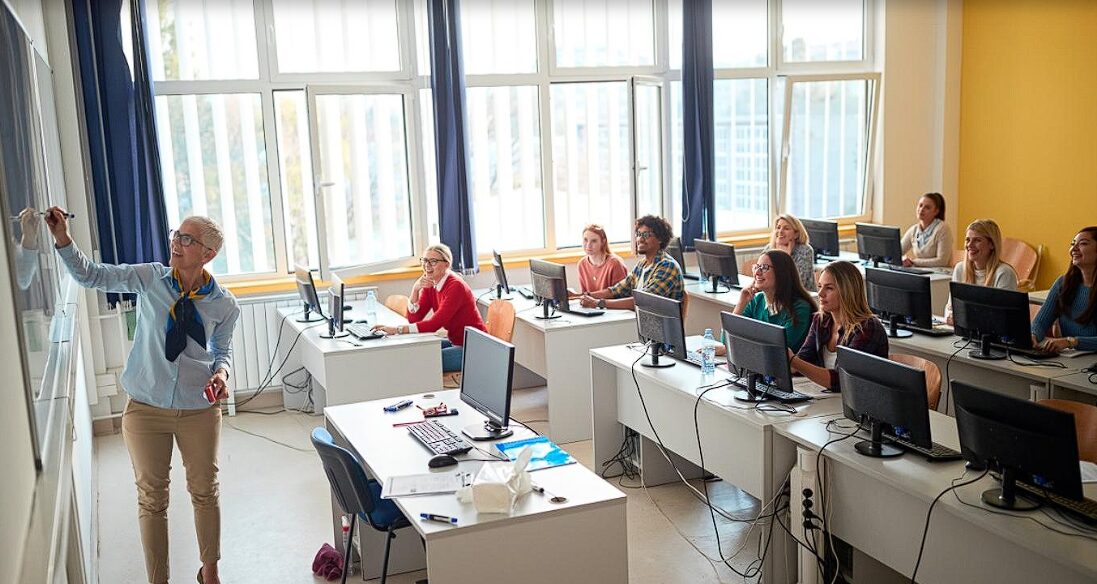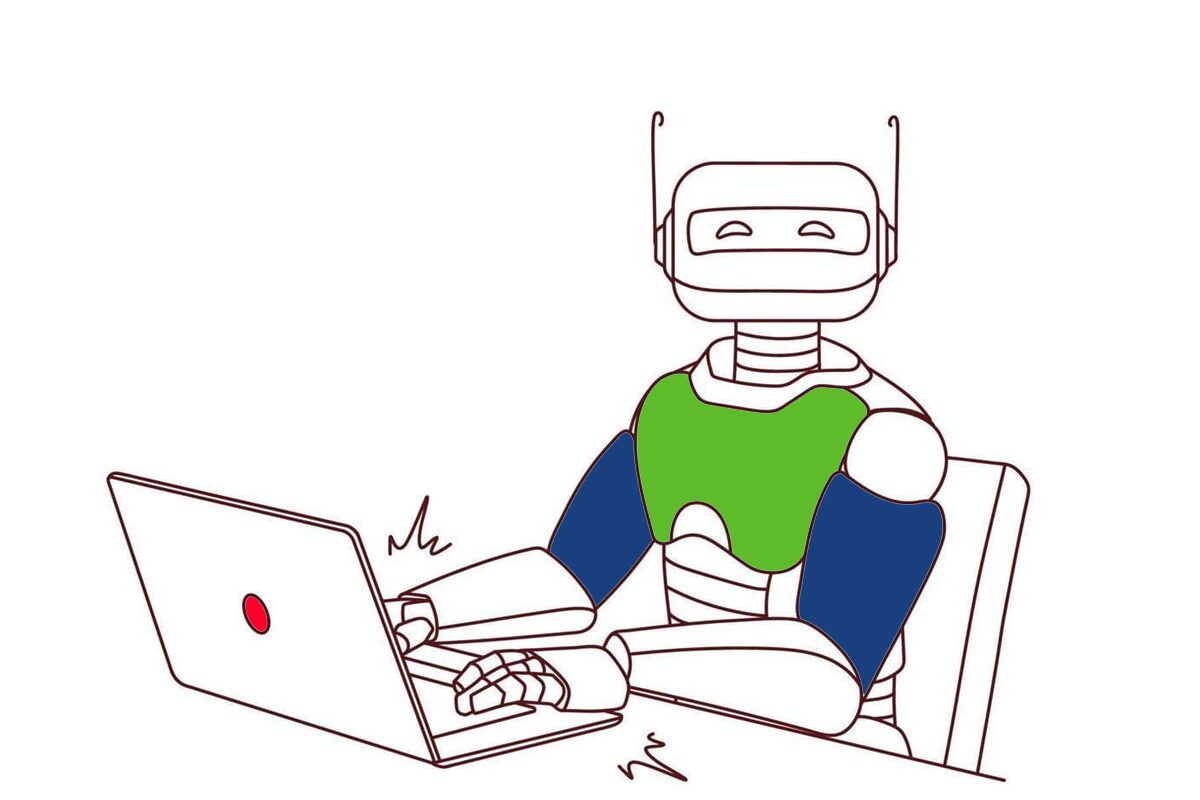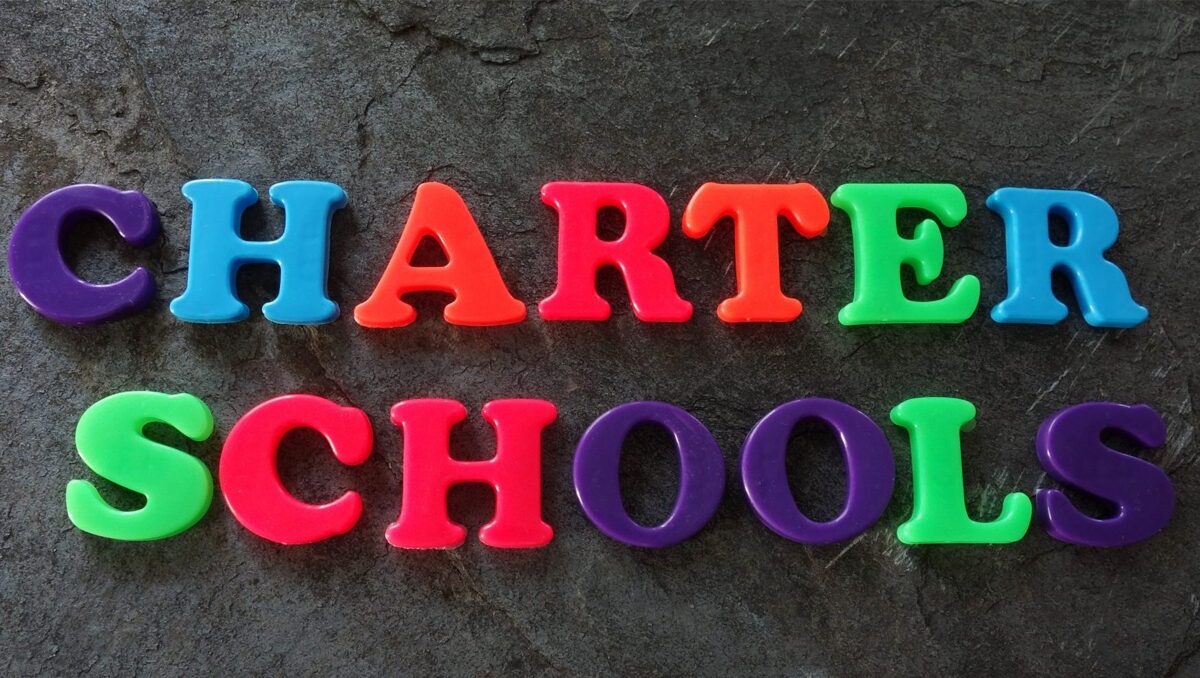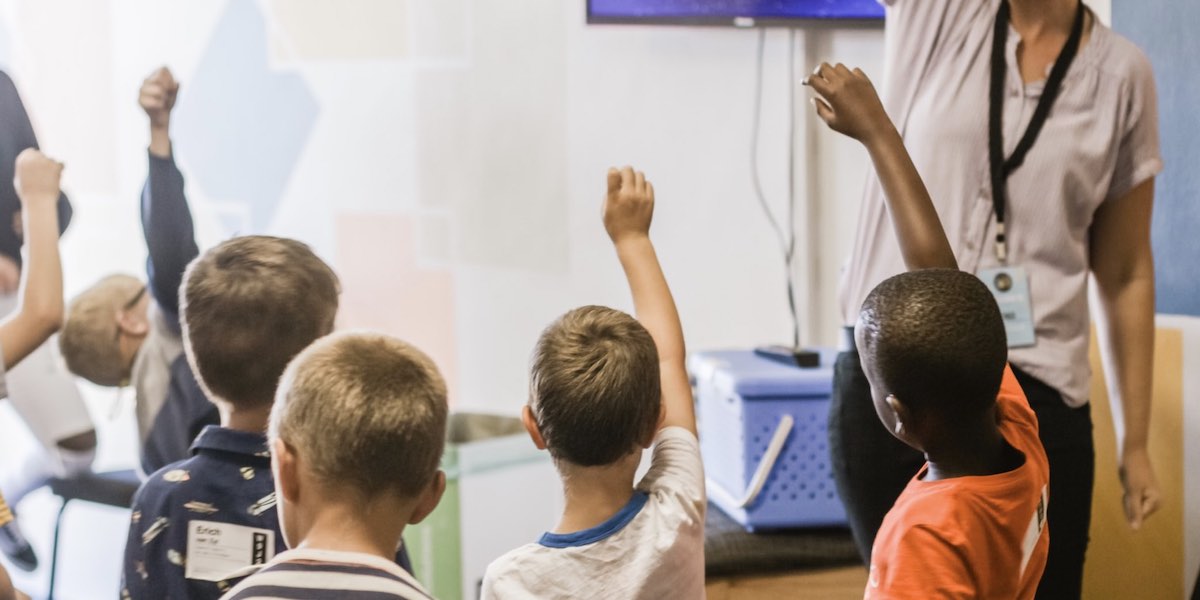
Stop Trying to Indoctrinate Our Kids
I really don’t need activists trying to indoctrinate my children under the guise of classroom teaching. If they are up to the challenge of providing background information, a variety of perspectives and an opportunity for students to draw their own conclusions and speak freely about them, then maybe. But rigorous study of issues and robust discussion of potential policy solutions seem to be increasingly rare as more and more teachers blur the line between instruction and propaganda.
There are important debates to be had about current events. There are pressing issues to grapple with in the lead up to the 2020 election. There are myths to debunk and theories to understand and challenge. But at a time when students’ knowledge of civics and how government works is stunningly bad, it is a dereliction of duty to peddle in politics in place of teaching the basics.
Unfortunately this study found the average American to be woefully uninformed regarding America’s history and incapable of passing the U.S. Citizenship Test. It would be an error to view these findings as merely an embarrassment. Knowledge of the history of our country is fundamental to maintaining a democratic society, which is imperiled today.Arthur Levine, President of the Woodrow Wilson Foundation
A teacher’s personal opinion about a particular Supreme Court nominee does not educate their students about the process of nominating and confirming someone to the highest court in the land—especially not when it’s being shared in math class. A teachers’s disdain for guns does not help students understand the different interpretations of the 2nd amendment and his or her opposition to school choice hardly contributes to a better understanding of the history of education in America.
If my child is going to walk in the door after school and say “the world is going to end in 12 years because of climate change” or that “Barack Obama wasn’t born in the United States,” I expect him to be able to tell me, in detail, what evidence he has for those claims. If he can’t substantively defend the assertions, I can only assume that he is being served a steady diet of propaganda during school hours.
And that is not ok.
The best teachers are those who engage their students in robust study and debate without ever showing their own ideological hand.
Many of us hold tight to the belief that the best teachers are those who engage their students in robust study and debate without ever showing their own ideological hand. They approach political questions like a competition of ideas—students study, read and listen to a variety of perspectives, draw an informed conclusion and make their case.
As teaching increasingly shifts toward activism and trickles down to even the youngest grades, parents find themselves frustrated and, in some cases, running for the hills. It isn’t necessarily because the child’s newly-held opinion is misguided or in conflict with the parent’s worldview; it’s just that when asked to explain their assertion or provide evidence for their claim, they have nothing to offer other than, “that’s what my teacher said.” If we are talking about state capitals, the periodic table or how to multiply fractions, “because my teacher told me” makes sense. But when children come home parroting political talking points without even a minimal capacity to explain or defend them, it is indicative of a line that has been crossed. Requiring that my 5th grade child write a letter addressed to an elected official telling them to remove Columbus Day from the calendar is a bridge too far.
Teachers who are adept at remaining politically opaque to students often see great value in debate—they believe that students should be able to craft and deliver a convincing argument for both sides of the same issue. Sadly, fewer and fewer students are being granted the opportunity to learn about different perspectives, draw their own conclusions, and freely share them in school.
COVID-19 has pulled back the curtain on what is going on in our children’s classrooms—in so many cases, it is worthy of praise and gratitude. But it has also given parents a much clearer window into those teachers who believe it is their role to push their politics and world view onto other people’s children.
Many of us don’t like what we see.

